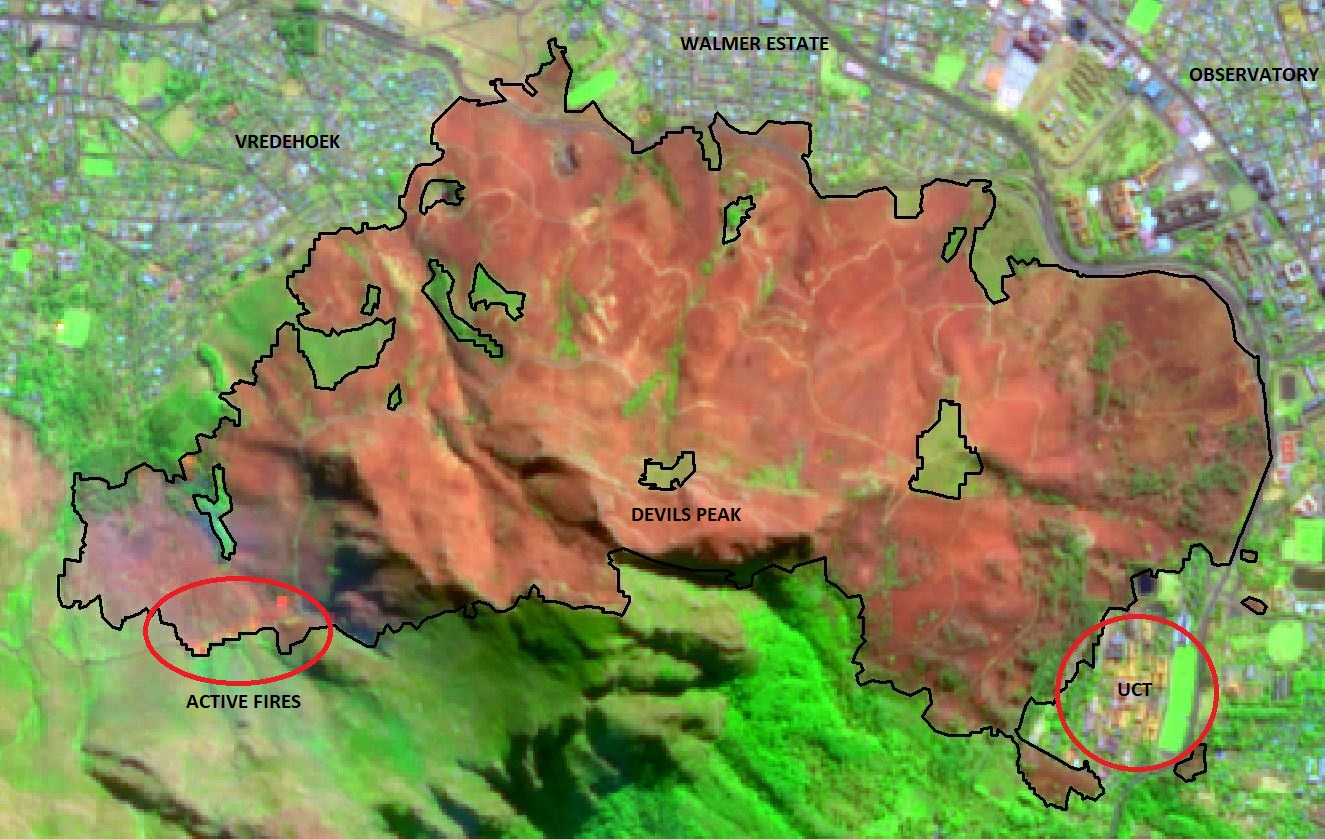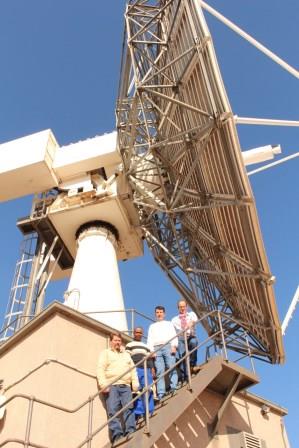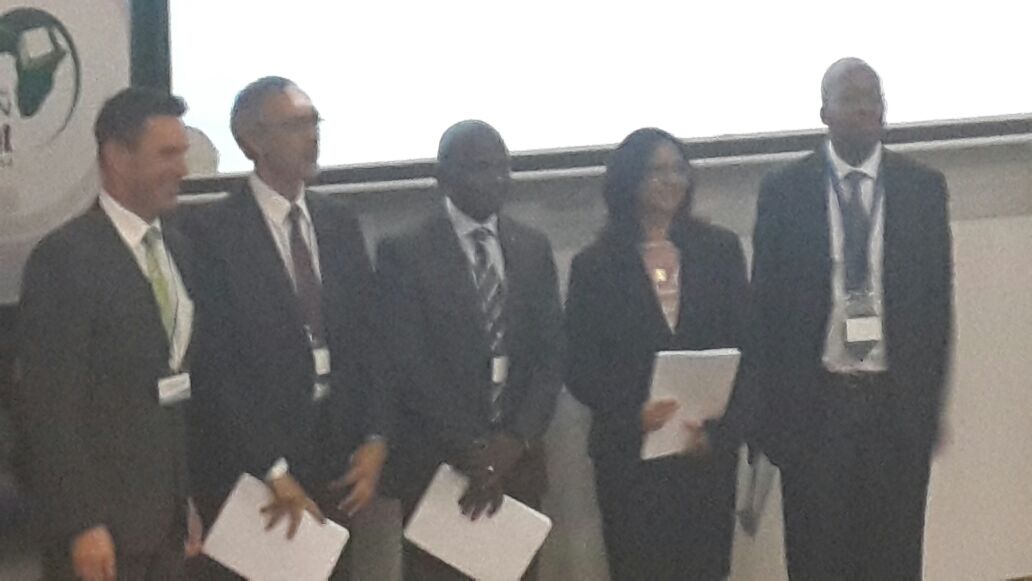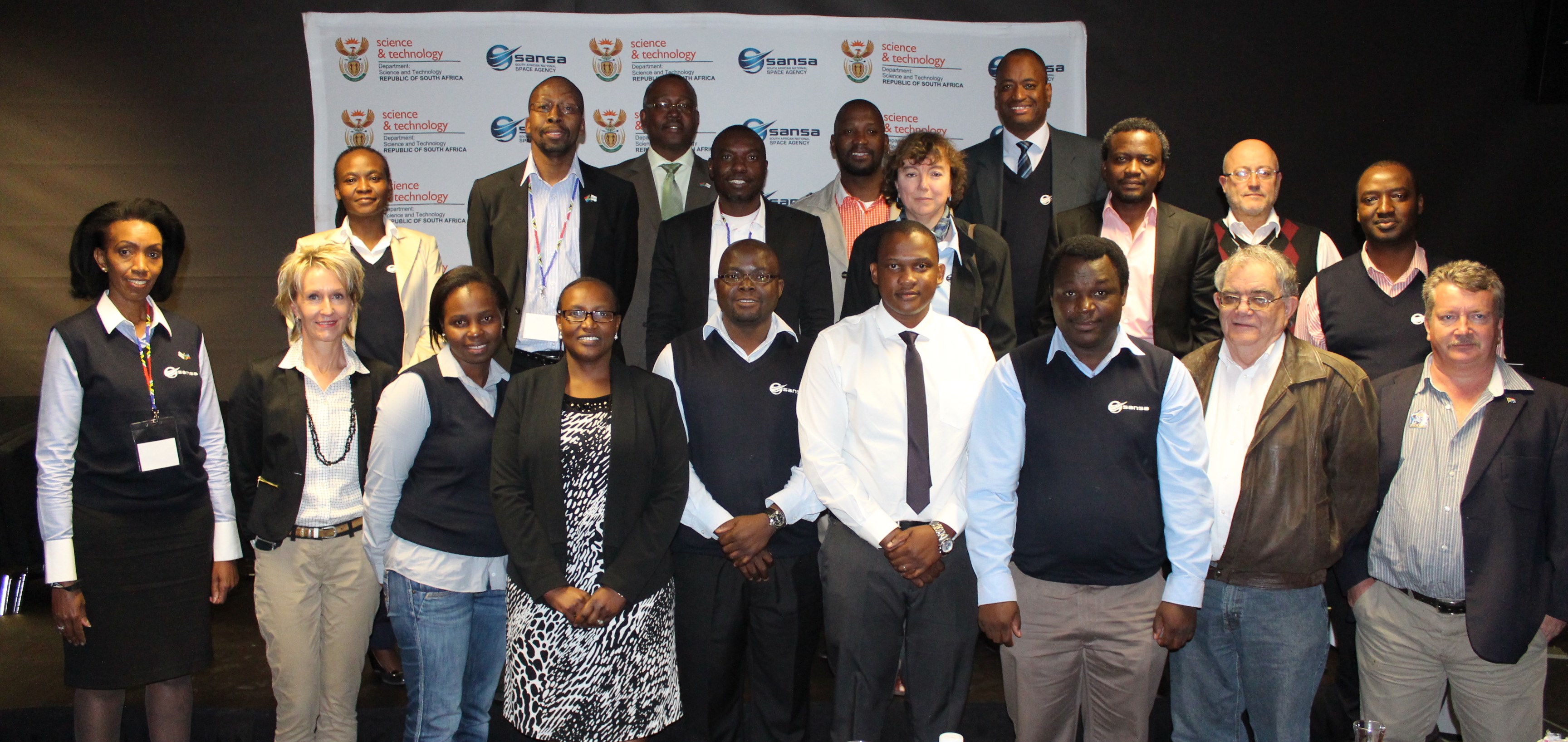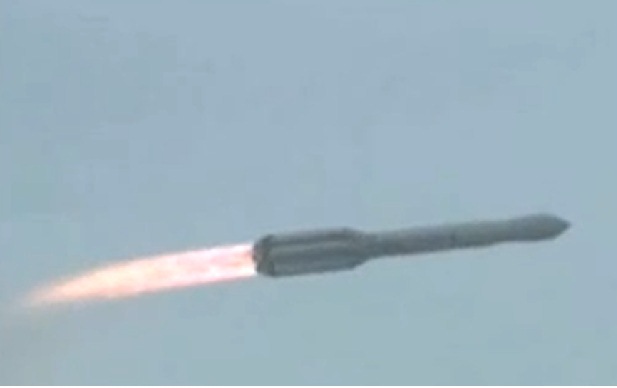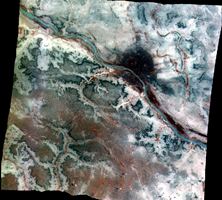07 Jun A successful orbit delivery & tracking
[caption id="" align="alignnone" width="299"] SANSA Project team[/caption] On 1 JUNE 2017 - Japan deployed the first of three navigation satellites it intends to launch in the next year, sending a 4.4-ton (4-metric ton) spacecraft on the way to a high-altitude orbital
28 Mar Old data for new space weather tricks
You find yourself caught in a devastating blizzard, away from the safety of your Antarctic base camp - your only means of navigation your Global Positioning System (GPS) device. Your GPS receiver has to communicate with satellites in space via
01 Jul SPOT 6 and SPOT 7 Imagery now available at SANSA
The images obtained from the first twins in the SPOT family, SPOT 6 and SPOT 7, are now available for ordering from SANSA. The two satellites are 180-degree phased, enabling a revisit at least once a day for any point
20 Nov Speech: SANSA CEO at Africa Cubesat Workshop
[caption id="" align="aligncenter" width="1032"] Photo: Dr Malinga receives the F'Sati Satellite Programme review report at the event[/caption] Have you ever wondered why the wagon makers of the 19th century did not become car manufacturers at the advent of the motor car? Today
15 Sep Contributing towards sustainable development of the South African community through Earth Observation
5 SEPTEMBER 2014 Satellites are making significant contributions to the economic and socio-benefits of using space technology and satellite data. These satellite images, data products and services are essential tools in increasingly varied applications such as agriculture and food security, water
15 Jul Staying competitive
Ka-band antenna upgrade gives Space Ops the international edge A recent Ka-band antenna upgrade is putting SANSA Space Operations at Hartebeesthoek in a uniquely competitive position to monitor a new wave of satellites launched over the southern hemisphere. In 1997 Hartebeesthoek installed
14 Mar New upgrade gives SANSA the international edge
A recent Ka-band antenna upgrade is putting SANSA Space Operations at Hartebeesthoek in a uniquely competitive position to monitor a new wave of satellites launched over the southern hemisphere. In 1997 Hartebeesthoek installed the first Ka-band tracking, telemetry and command antenna
17 Jul What does a Proton Launch failure mean to SANSA Space Operations?
The Proton-M rocket failed to launch on 1 July 2013. This is one of the main launch vehicles use for launching various satellites from many different suppliers. This failure is going to have an impact on the SANSA Space Operations
10 Oct Understanding risk with Earth observation satellites
The risk of natural disasters can be reduced by understanding our environment and the fundamental forces that shape it. Earth-observing satellites can provide vital information to mitigate and prepare for disasters. To raise awareness and demonstrate the capabilities of Earth observation




